MALAYSIA is a safe harbour to 200,000 refugees. The word safe, is being used extremely lightly here as they are still deprived of basic rights and live their lives in a complete state of limbo. On April 20, 2020, then prime minister and home affairs minister Tan Sri Muhyiddin Yassin declared the government's official position: “… based on humanitarian grounds, the government has allowed UNHCR cardholder illegal immigrants to live in this country temporarily before being resettled.”
Even with a UNHCR card, their movements are severely limited as they are unable to open a bank account, ceasing their ability for gainful employment and the opportunity to be independent or live a comfortable life. Despite this, they find ways to remain optimistic and be contributing members of Malaysian society.
Amin Kamrani is an Iranian immigrant filmmaker, whose work revolves around the issues of migration and displacement. His short films have been screened internationally, and since 2019, he has been a producer of a refugee-run theatre company, Parastoo Theatre.
I sat down with Mr Kamrani for a conversation on his work and to discuss the larger issue of the state of refugees in Malaysia.
The Vibes: How long have you lived in Malaysia? What prompted the move to this country?
Amin Kamrani: A few days ago was the 11th anniversary of our move to Malaysia. I have spent my entire adult life in this country. There were no plans to be in Malaysia for this long. But I am coming from a place that do not afford us many options to plan our lives. However, this randomness, this instability that follows unpredictability, is full of surprises that can change directions in your life and gives you new meanings.
TV: Would you consider yourself an exile? Do you feel displaced from Iran, and would you want to go back?
AK: When we talk about Iran, we are talking about a nation that has gone through two massive revolutions in its modern history and numerous nationwide uprisings. A nation that has been yearning for freedom for the last 150 years. I live in exile because the reality of current Iran has no place for the reality of my life and how I exist. When I think about the word 'displaced' and what it describes, I relate to it very much. It's an unwanted situation in which you cannot even dream about a future if you are being realistic. There are many things I miss about the country, and I would want to go back if the situation was normal.
TV: Given the period you have lived here, how do you feel about this country?
AK: I feel I have always been wandering in Malaysia. There are a lot of contrasts in this country. As someone who deals with visual arts, I am attracted to these contrasts. I have a lot of paradoxical feelings towards Malaysia. While it feels like home, I also feel like a stranger a lot of times. But this indefiniteness gives me room and space to explore. I am not sure how long I will be here, whether I will leave the country in two- or twenty-years' time, I just know I will keep wandering as there is always something to observe. The stories keep happening and changing. And that keeps me going.
TV: How does your artistic practice intersect with politics?
AK: We live in a world in which the way we exist is not always tolerated by the systems in place. They have problems with our skin colour, with who we love, with where we are from, with our form of being despite just being another person. My artistic practise reflects my experiences, and my experiences are inherently political given how it contests ideas like the nation-state, immigration laws and citizenship.
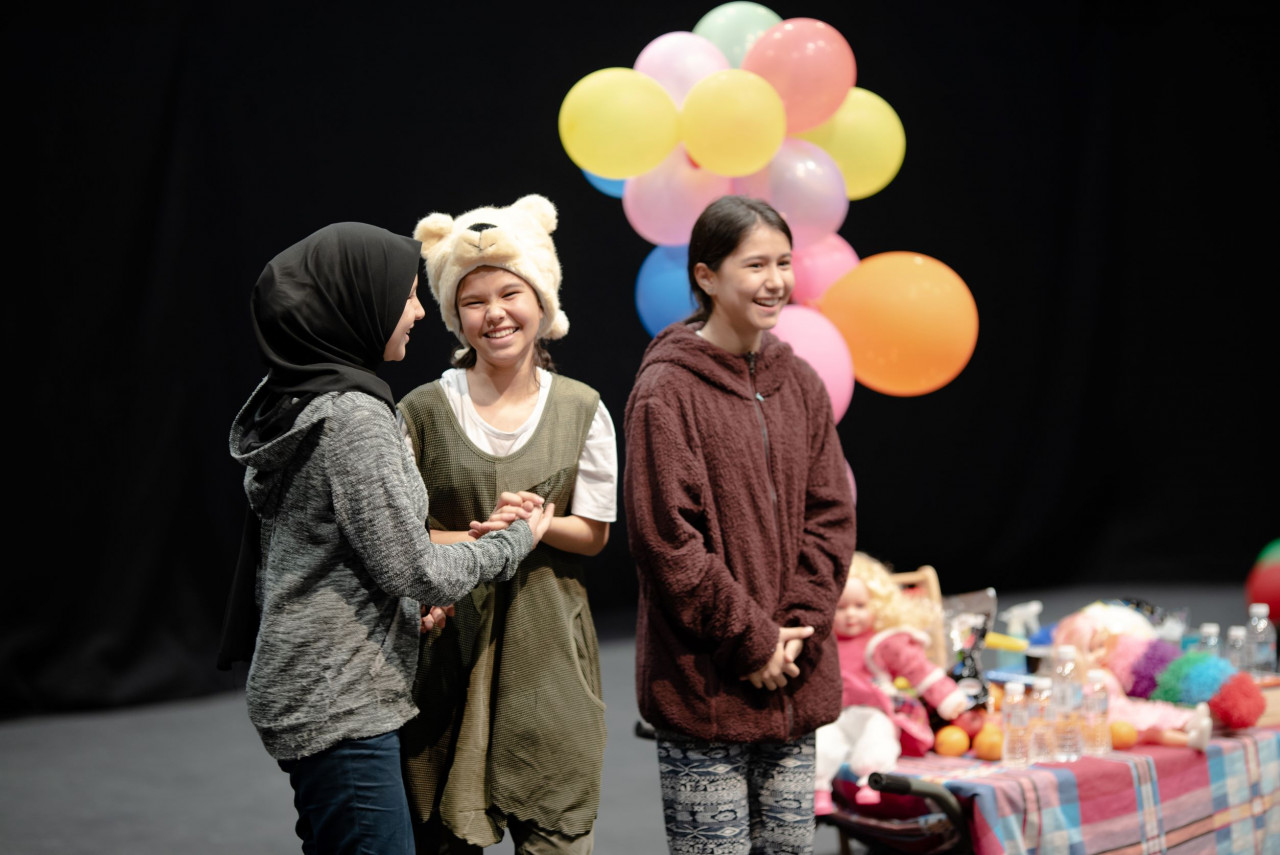
TV: Given your close engagement with the refugee community, why do you think their cause is rarely spoken about in the national zeitgeist?
AK: This is a complex issue. There has been a deliberate and systematic dehumanisation of refugees and immigrants in Malaysia – a country whose very history is a history of migration. As a result, the public do not really know the reality of refugees in this country. Political parties in Malaysia are labelled with the way they position themselves towards racial issues. It's hardly any 'left' or 'right' -leaning party in Malaysia, but which race, ethnicity, or frankly, tribe they are each closer to. This makes it difficult to bring forward issues such as the apparent violation of refugees and migrant human rights.
TV: How has your view on art and politics developed over the course of your career?
AK: There is nothing more divine than humanity. The classical Persian poet, Saadi Shirazi described it, 'human beings are body parts of each other'. There is something that connects us all together. That is what I have tried to focus in my art and advocacy.
TV: Tell me about the work you do with Parastoo theatre, and what are the theatre's objectives?
AK: Parastoo is founded by the talented writer and director, Saleh Sepas who moved to Malaysia from Afghanistan in 2016. He founded Parastoo in 2017 based on a method developed by Augusto Boal, known as Theatre of the Oppressed which aims to campaign social and political change in favour of marginalised communities. Parastoo has since tried to grow and challenge the false narratives about refugees in Malaysia.
I was lucky to have met Saleh in 2017 and I was interested in the work of Parastoo. We became friends and collaborators. Parastoo's aims to be a powerful art community that advocates for refugees. We believe the artistic activities of Parastoo can be a response to the systematic dehumanisation of refugees in Malaysia. And through our work, we can see a closer relationship between refugees and Malaysians. Parastoo relies on the power of art for progress.
TV: Through your role at Parastoo theatre, you engage with refugee children. Do they understand their political status in this country and the violence their community is facing?
AK: I started working as a teacher for refugee children in 2012. Refugee children like all other children are full of life, energy, hopes and dreams but as they don't have access to formal education in Malaysia, they soon realise they are not like other children and there is something about them that has deprived them of what they deserve. From an early age they learn the police and authorities are not their allies. Many refugee children have even experienced detention in Malaysia. The story of refugee children is a story of tragedy.
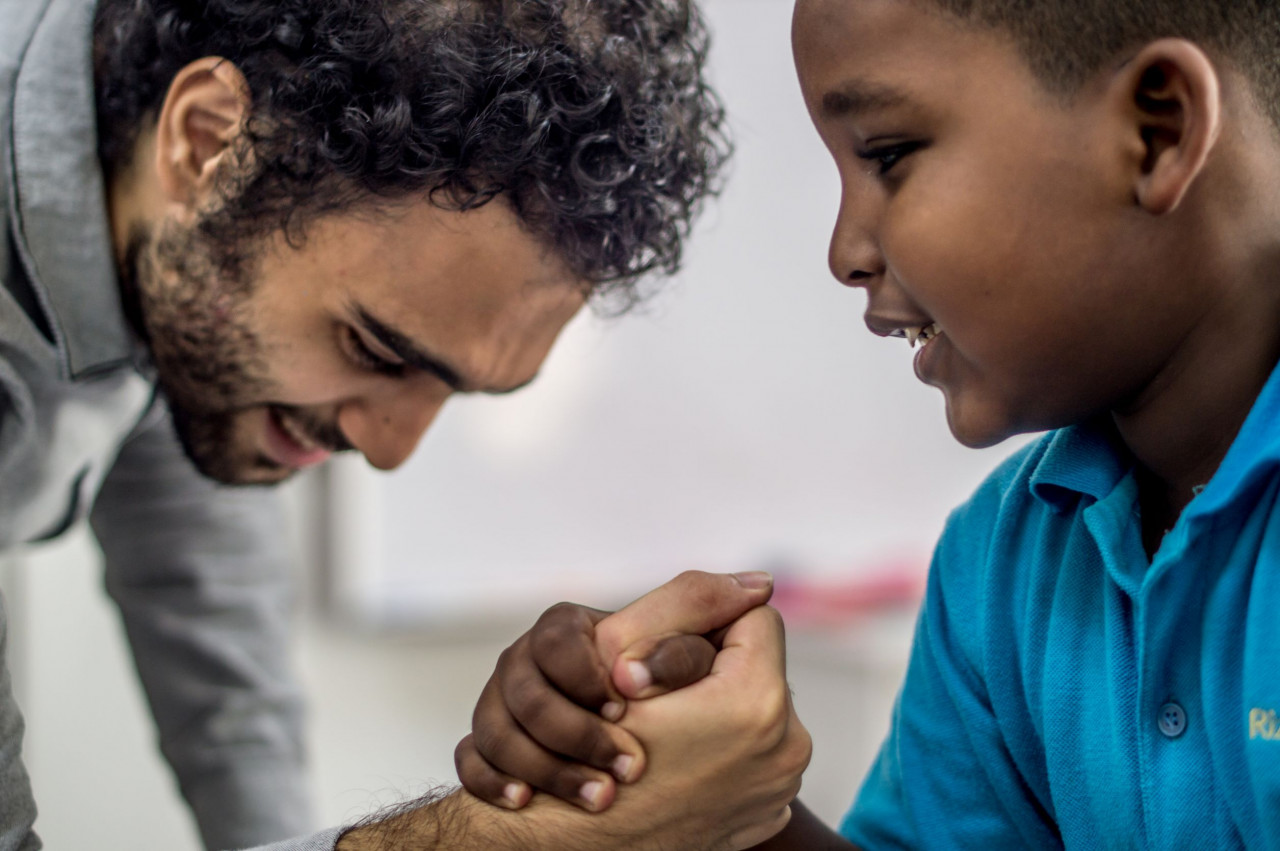
TV: How has art and literature allowed them to heal, learn or express themselves?
AK: Art gives them purpose. It gives them hope. And when they see they are heard, they are encouraged to do more. It is a matter of survival a lot of the time. It could be what gets you up to keep going.
TV: What has working with children taught you? What are the revelations you experienced during this process?
AK: Children are honest in their expressions. They are also very emotional. They love the good and hate the evil. They are passionate for what they want. They also have a unique way of looking at things which is important for creativity.
TV: Tell me about the initial source of inspiration behind your short film, The Person Within the Frame.
AK: The Person Within the Frames is a response to the dehumanisation of refugees. And this dehumanisation also occurs within the humanitarian sector in Malaysia. I wanted to emphasise that each refugee is an individual with their own uniqueness and way of being. I simply am saying, 'look there is a person within these frames, let's see what we can learn from them.’
A portrait picture of a human being can be an abstract form of art. Although my film is a documentary, I wanted it to be as poetic and abstract as it could be, so audiences are able to relate and find meaning in it. The film is also very experimental. I did not have a script or a clear idea of the story before shooting. I tried to approach my film like a piece of music that is being improvised.
TV: How can Malaysians better organise politically around the cause of refugee and migrant rights?
AK: To be honest, my only hope is the new generations of Malaysians. They are the ones who can learn universal values of human rights. And when these values become part of your life, it is only natural that you would act towards a more just society for everyone including refugees, the LGBTQ community, racial and religious minorities, indigenous people and so on. – The Vibes, June 20, 2022



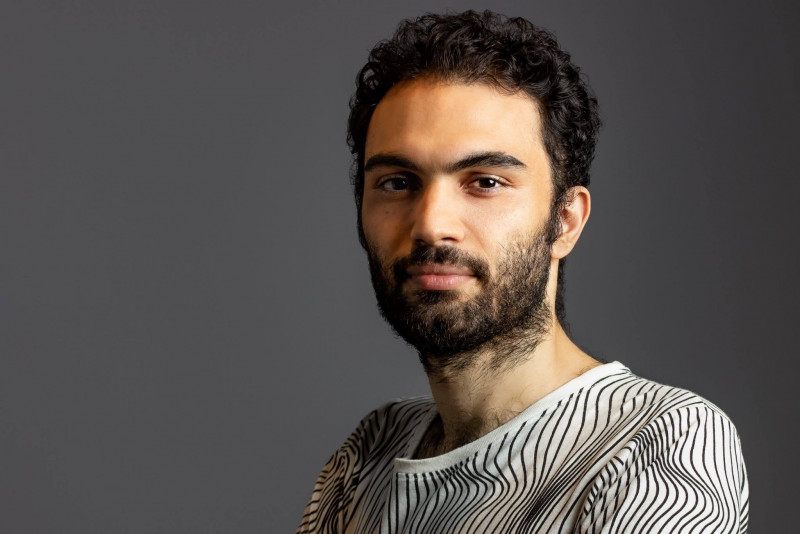
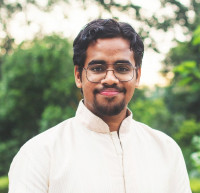

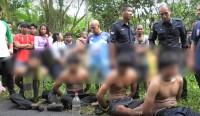
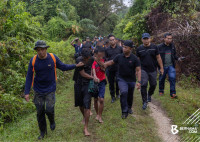
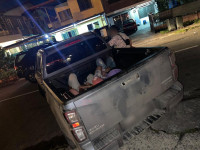
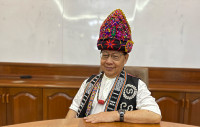
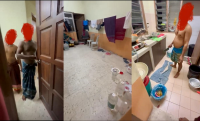
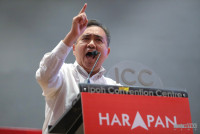
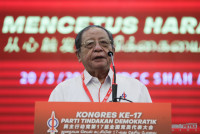
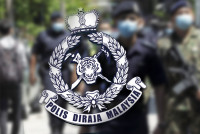


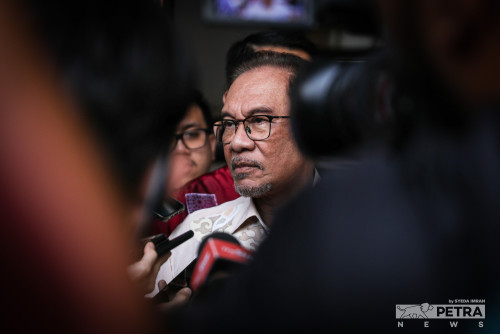


.jpg)
